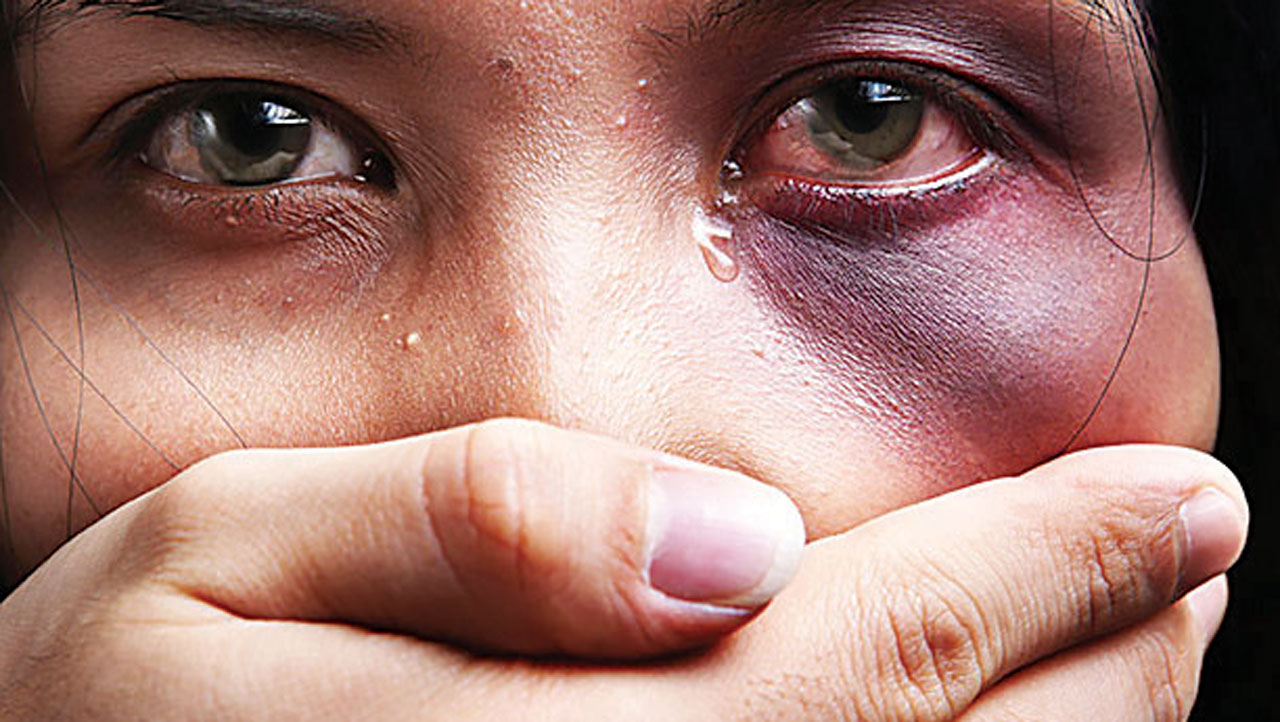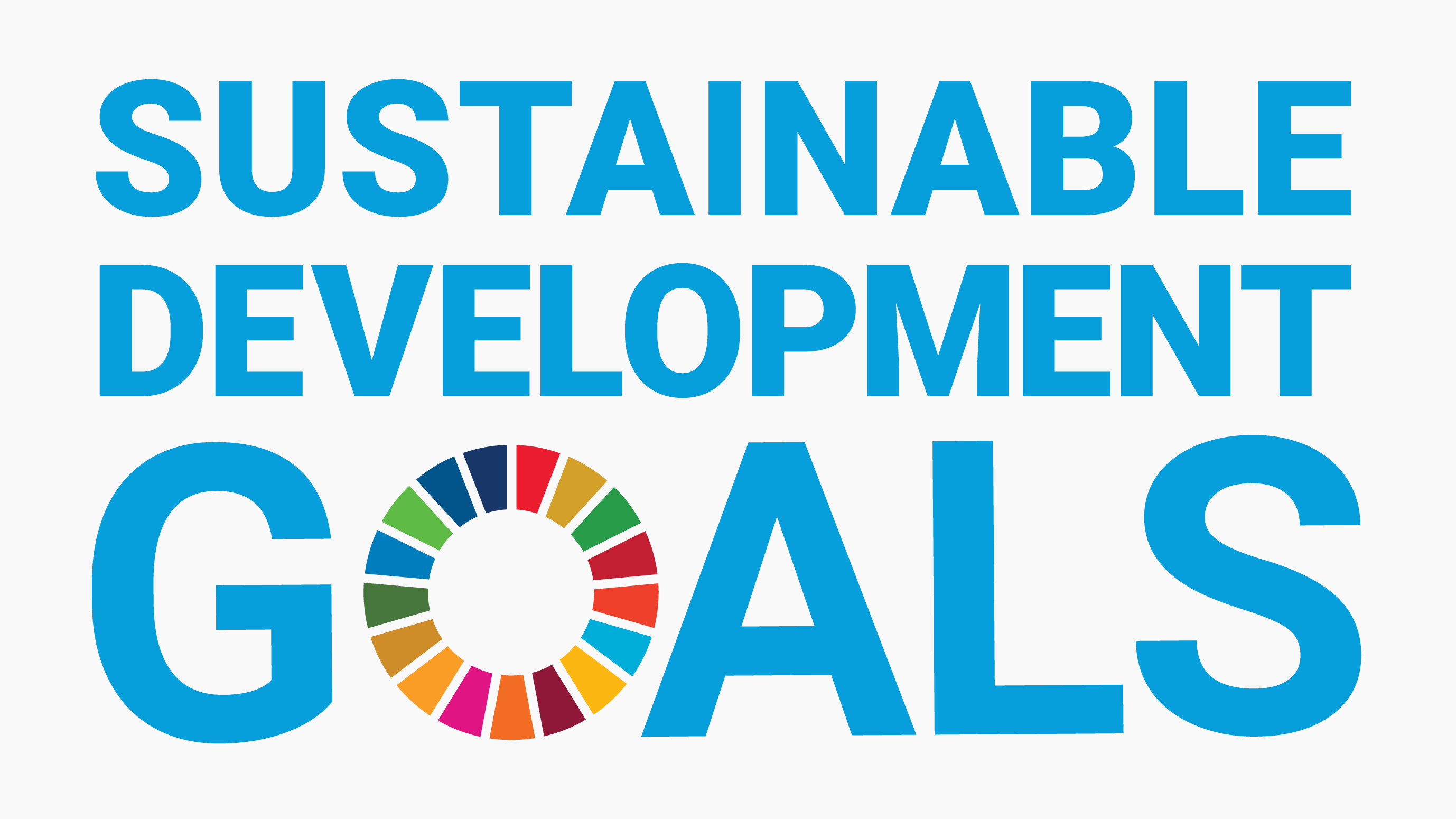Research and analysis on the status quo of domestic violence suffered by Nigerian women

More than a quarter of women with a sexual partner in the 15-49 age group have experienced physical and/or sexual violence by their intimate partner at least once in their lifetime (from the age of 15). The estimated lifetime prevalence of intimate partner violence is 20% in the Western Pacific Region, 22% in high-income countries and Europe, 25% in the WHO Americas Region, 33% in the WHO African Region, 31% in the Eastern Mediterranean Region and 33% in the WHO Southeast Asia Region.
Take the example of Nigeria in Africa. Nearly one third of women in the country experience some form of spousal violence in their lifetime. The investigation found the following:
1. Despite the widespread violence in Nigerian family relationships, wedding vows are still regarded as sacred, and women often do not divorce their husbands who are prone to domestic violence.
2. Although hundreds of abused women walked through the door of the counterattack team, it only succeeded in facilitating 20 restraining orders and 5 criminal proceedings in 2017, because no one wanted to become the one who sent her husband to jail.
3. In Nigeria, marriage is a sacred promise. If you report your husband’s violence or leave your husband, you will be scolded by society.
4. Nearly one third of Nigerian women have experienced physical violence, including abuse by their husbands using batteries, marital rape and murder.
5. But the same survey found that 43% of women believe that it is reasonable for their husbands to beat their wives for a variety of reasons, including not telling their husbands when they go out, or ignoring their children.
6. Women in less-known occupations are more likely to suffer from violence. In addition, if their partners are in more prestigious occupations, women are more likely to be abused.
Such violence can negatively affect women’s physical, mental, sexual and reproductive health, and in certain situations, may increase the risk of HIV infection.
How to improve the status of Nigerian women? We also integrated the previous survey data: the data comes from a national investigation in 1988, which surveyed 10,266 women in 9 major cities in Nigeria, and used a logical regression model to estimate whether women were employed within five years. After controlling for other variables, the results of the study showed that:
1. The higher the marriage age is, the greater the possibility of women getting a job is;
2. Muslims are much less likely to be employed than Christians;
3. The greater the age gap between husband and wife, the less likely the woman is to be employed.
4. Compared with women in monogamous unions, women in extended families and polygamous unions are more likely to be employed.
5. Igbo and Yoruba women are much more likely to be employed than Hausa women.
6. Receiving a higher level of education and using contraceptive measures increased the possibility of women’s employment.
The results show that it is necessary to expand access to education, delay marriage, and promote the use of contraceptives in order to increase women’s labor force participation and thereby improve the status of women in Nigeria. Receiving a higher level of education and the use of contraceptive measures increased the possibility of women’s employment. The results show that it is necessary to expand access to education.
Violent action against women, especially intimate partner violence and sexual violence, is a continuing major public health problem and a violation of women’s human rights. In this regard, we should not only have institutional guarantees, but also protective measures. Take Nigeria as an example. We should promote a policy of counselling women in lesser-known occupations and provide them with a support system. We also need to increase legislation to criminalize domestic violence in Nigeria.
It is hoped that with the joint efforts of all countries, we will see fairness, opportunity and social justice for women and girls in Nigeria and the world.
About Us
Institute of International Exchange is an international non-governmental and non-profit organization. We hope to build an equal and friendly platform for exchanges and cooperation around the world.
© 2023 Institute of International Exchange




